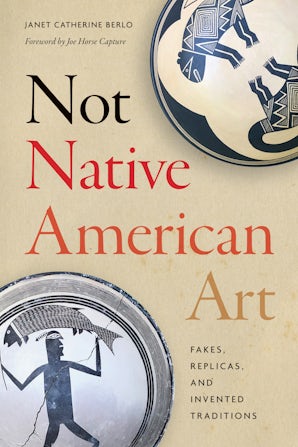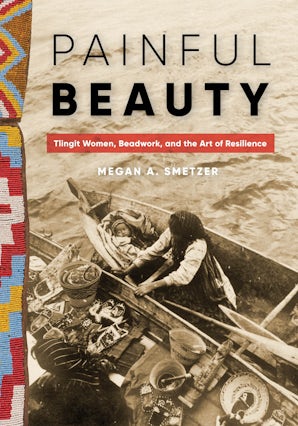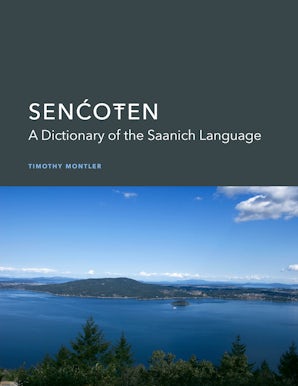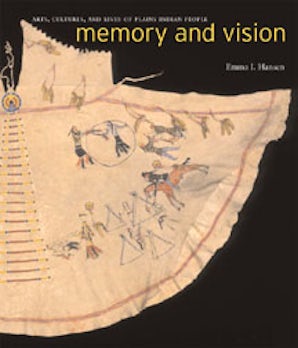"At the risk of straining the metaphor, her book explores uncharted waters and does so masterfully. Wadewitz has just set the bar incredibly high for future historians who also want to turn their backs to the land and gaze out to those coastal waters."
-
Sheila M. McManus, H-Borderlands
"Here is a well-written Northwest history from a different angle."
-
Mike Dillon, City Living
"An excellent book that covers much ground and joins in the project of reorienting borderlands history in North America. It is suitable for both a lay audience and for use in the classroom."
-
Evan C. Rothera, Indigenous Peoples Issues and Resources
"This well-written book should appeal to a varied readership. Readers interested in Native salmon culture and its perseverance in the face of Euro-American domination will benefit from the comprehensive analysis. Aficionados of labor and migration history will profit from the discussion of the fishing and canning industries."
-
Ken Zontek, Pacific Northwest Quarterly
"Environmental historians have understood for some time…that political boundaries have complicated the management of ecosystems and valuable migrating species. In her persuasive and innovative book, Lissa K. Wadewitz combines these developments, along with new thinking about Native American history, labor history, and even a dose of diplomatic history, to examine salmon fishing in the Salish Sea."
-
Kurk Dorsey, American Historical Review
"While it will be of great interest to specialists in salmon conservation and management, its thorough empirical exploration of the development and contestation of different forms of border should give it wider appeal to environmental historians and geographers. It is well-written throughout and the illustrations are of high quality…this volume provides a valuable education through which contemporary fishery managers might learn from the past."
-
Christopher Bear, Environment and History










